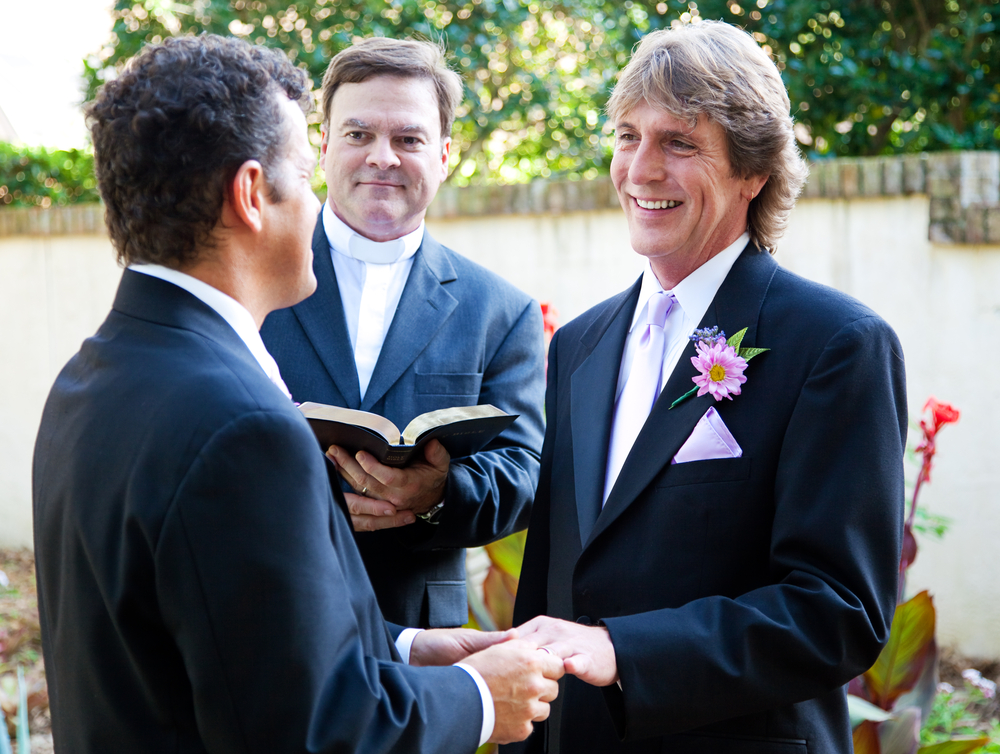This morning, the United States Supreme Court legalized same sex marriage in all 50 states. For more information about this historic decision, read the following article courtesy of the President of the American Academy of Matrimonial Lawyers:
Today, the United States Supreme Court ruled in the case of Obergefell v. Hodges. I have asked Michigan AAML Fellow Ric Roane, who created and chaired the AAML LGBT Committee and served as the Academy’s official observer at the Court – where he witnessed the oral arguments firsthand – to help prepare this blog about the historic decision in which the American Academy of Matrimonial Lawyers filed an amicus brief.
With this landmark civil rights decision, the United States Supreme Court has declared very clearly and simply that “Marriage is Marriage” regardless of whether the couple are same-sex or opposite sex. It holds that same-sex couples may exercise the fundamental right to marry in all states.
This ruling settles the conflict among the Federal Circuits created last year after Courts in the 4th, 7th and 10th Circuits held the same-sex marriage bans unconstitutional while the 6th Circuit upheld the bans. Prior to today’s ruling, 37 states plus Washington DC allowed same-sex couples to marry as a result of legislative act, judicial decisions or public vote, while 13 states remained Prohibition States through a variety of state constitutional amendments or laws banning same-sex marriage. Being married in a state, but having that valid marriage denied in another, was one of the most perplexing and distressing complications in the law of domestic relations.
This ruling will have a wide-ranging impact on American families far into the future as the face of the American family changes and secures protection by law. The research shows that marriage brings stability to same-sex couples and their children. The ability to marry brings dignity and recognition to the personal relationships that couples hold so important, regardless of gender. Prior to this decision, heterosexual couples could freely marry, while same-sex couples in many states either could not marry or their valid marriages were not universally recognized in all states. The United States Supreme Court has ruled that families will no longer be of two classes.
The Supreme Court has, by its landmark decision, defined marriage to include same-sex couples who desire to enter into the commitments and to receive the rights and responsibilities that come with marriage. Gays and Lesbians can no longer be second class citizens in 13 states by being banned from marrying or having their marriage recognized. This universal recognition conferred by the United States Supreme Court brings uniformity to treatment of same-sex couples for federal as well as state purposes for crucial legal issues such as spousal benefits, retirement recognition, social security, adoption, tax filing status, and health care coverage.
This universal recognition conferred by the United States Supreme Court also gives access to justice to same-sex married couples who reside in the 13 Prohibition States and experience marriages that do not succeed. These couples can now seek relief from the Courts to dissolve their marriages, make decisions regarding their children, support, property division and all the other critical issues that are addressed in domestic relations cases.
Written by James T. McLaren
